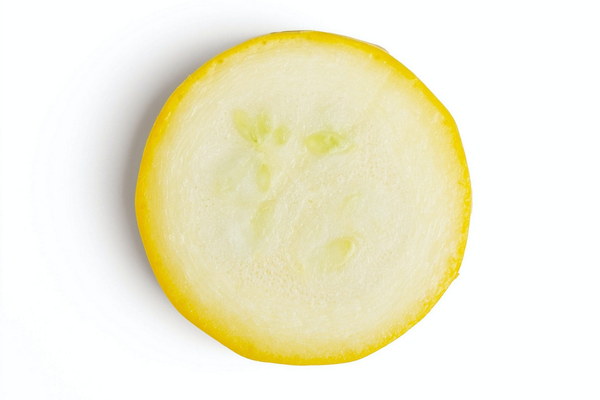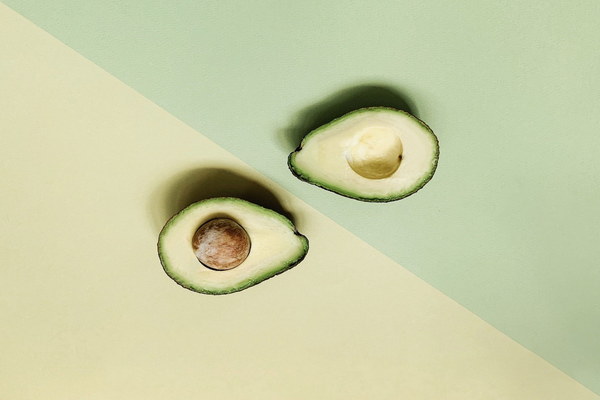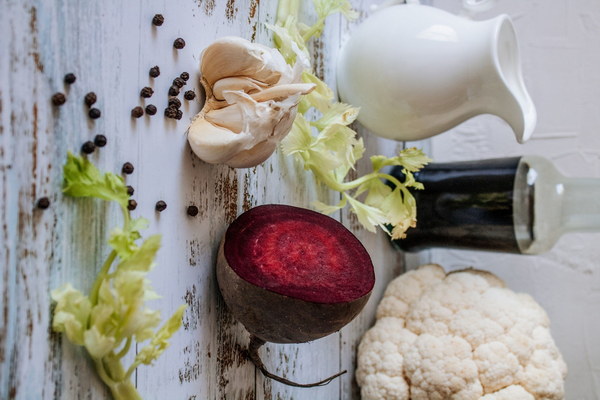Sweet vs. Savory The Great Debate in Traditional Chinese Medicine Cuisine
In the realm of Traditional Chinese Medicine (TCM), food is not just sustenance; it is a therapeutic tool. The culinary art of TCM, known as Yao Shan or Medicinal Cuisine, has been practiced for centuries, aiming to balance the body's energy or Qi and treat various ailments through diet. One of the most intriguing debates among food enthusiasts is whether sweet or savory dishes are more beneficial and palatable in the context of TCM. Let's delve into this great debate and explore the nuances of both sweet and savory TCM cuisine.
Sweet: The Sweetness of Health
Sweet flavors in TCM are often associated with the element of Earth, which is thought to be grounding and nourishing. Sweet dishes are believed to replenish the body's Yin, which is the cooling, moistening, and calming aspect of the body's energy. This makes them particularly suitable for those with conditions related to Yin deficiency, such as fatigue, night sweats, and irritability.
Proponents of sweet TCM cuisine argue that it is more enjoyable and soothing, offering a comforting reprieve from the stresses of daily life. Classic sweet TCM dishes include:
- Braised Pork with Licorice Root: This dish is believed to nourish the kidneys and enhance the immune system.
- Goose Soup with Astragalus: This soup is known for its immune-boosting properties and is often recommended for those recovering from illness.
- Candied Dates with Goji Berries: This sweet treat is said to strengthen the heart and boost energy levels.
While sweet dishes may have their merits, they are not without their drawbacks. Excessive sweetness can lead to dampness within the body, which can manifest as weight gain, fatigue, and other imbalances. Moderation is key, and it's important to consider individual health conditions when incorporating sweet TCM cuisine into one's diet.
Savory: The Umami of Vitality
On the other side of the debate are savory dishes, which are often associated with the element of Earth and the flavor of Umami. Savory flavors are thought to stimulate the body's Qi and help in digestion, making them suitable for those with Qi deficiency or digestive issues.
Advocates of savory TCM cuisine contend that the robust flavors of these dishes can be both invigorating and appetizing. Some savory TCM dishes include:
- Stewed Chicken with Astragalus and Ginseng: This dish is believed to enhance vitality and strengthen the immune system.
- Braised Sea Cucumber with Cordyceps: This is a potent medicinal dish that is said to boost energy and improve fertility.
- Braised Pork and Dried Tangerine Peel: This dish is known for its digestive benefits and is often recommended for those with stomach problems.
While savory dishes can be a delightful part of a balanced TCM diet, they should also be consumed in moderation. Excessive consumption of salty or umami-rich foods can lead to an imbalance of the body's fluids, potentially causing issues such as hypertension and edema.

The Balancing Act: Sweet vs. Savory
The debate between sweet and savory TCM cuisine is not about one being inherently better than the other, but rather about the balance and individualization of one's diet. The key to harnessing the benefits of TCM cuisine lies in understanding one's own constitution and health needs.
A TCM practitioner can help determine whether a person's body is more Yin or Yang dominant, or if they have a deficiency in certain organs or energy channels. Based on this assessment, a personalized diet plan can be created that includes a mix of both sweet and savory dishes to achieve harmony and health.
In conclusion, both sweet and savory TCM cuisine have their place in the quest for balance and wellness. Whether one prefers the comforting sweetness of a medicinal soup or the invigorating umami of a savory stew, the ultimate goal remains the same: to promote health, prevent illness, and improve the quality of life through the art of culinary medicine.









